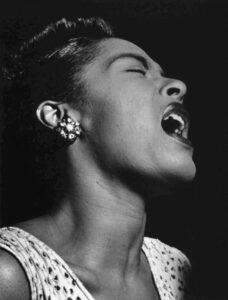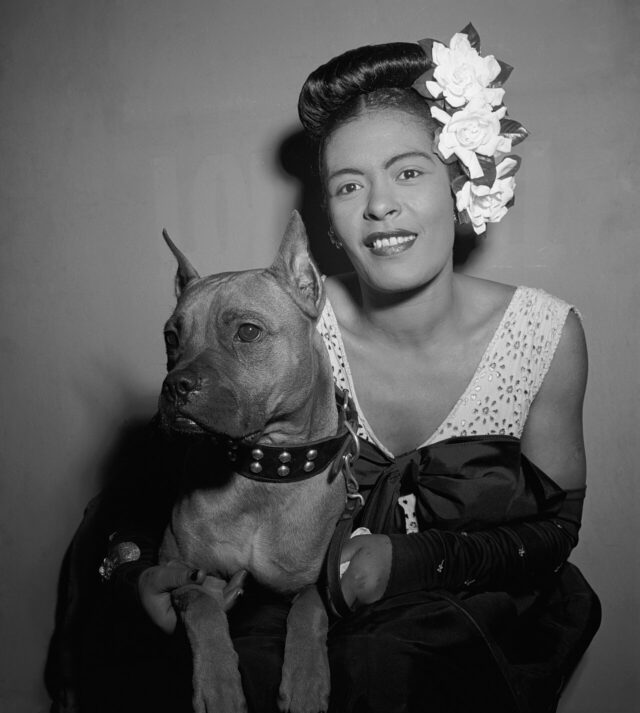New York, NY—In 1939, in a smoky New York nightclub, Billie Holiday opened her mouth and let a ghost speak. The song was “Strange Fruit,” and what came out wasn’t jazz. It was truth — raw, unfiltered, and dangerous.
“Southern trees bear a strange fruit…” she sang, hauntingly, her voice trembling not with fear, but with purpose.
Eighty-five years later, the song still stings. And it should.
“Strange Fruit” wasn’t just a protest song — it was a public indictment. A reckoning. A Black woman on stage confronting America with its own reflection: the brutal image of Black bodies hanging from trees, described in lyrical poetry so chilling it forced white audiences to look away.
That song nearly destroyed Billie Holiday’s career. The government tried to silence her. They stalked her, jailed her, and harassed her until her dying breath. Why? Because she refused to stop singing it.
Her story is not ancient history. It’s the blueprint. And for Black publications, it remains a call to action.
Too often, we are asked to mute our truth in exchange for access. To soften our headlines. To entertain, but not to confront. But Billie didn’t care about comfort. She cared about conscience. And that courage must continue — through us.
When mainstream media turns its lens away from housing injustice, police brutality, voter suppression, book bans, media credentials discrimination, and anti-Black policy, Black media must turn it back on. Loudly. Unapologetically. Relentlessly.

Our communities still bleed. Our stories are still stolen. Our truths are still treated as threats. We cannot afford neutrality.
Billie Holiday knew this. And with every performance of “Strange Fruit,” she risked everything — because the price of silence was higher.
We must keep publishing the stories of mothers fighting school boards. Of teenagers resisting surveillance. Of workers organizing for dignity. Of artists, activists, elders, and everyday people confronting the strange fruit of modern inequality — from the courtroom to the classroom.
Holiday’s voice has long since faded into the archives, but the echo of her resistance lives in the pages, podcasts, posts, and platforms of Black media.
It is not enough to remember Billie Holiday. We must become her — fierce, fearless, and unwilling to let the world look away.
Because until injustice no longer bears fruit, we’ve got to keep singing.






